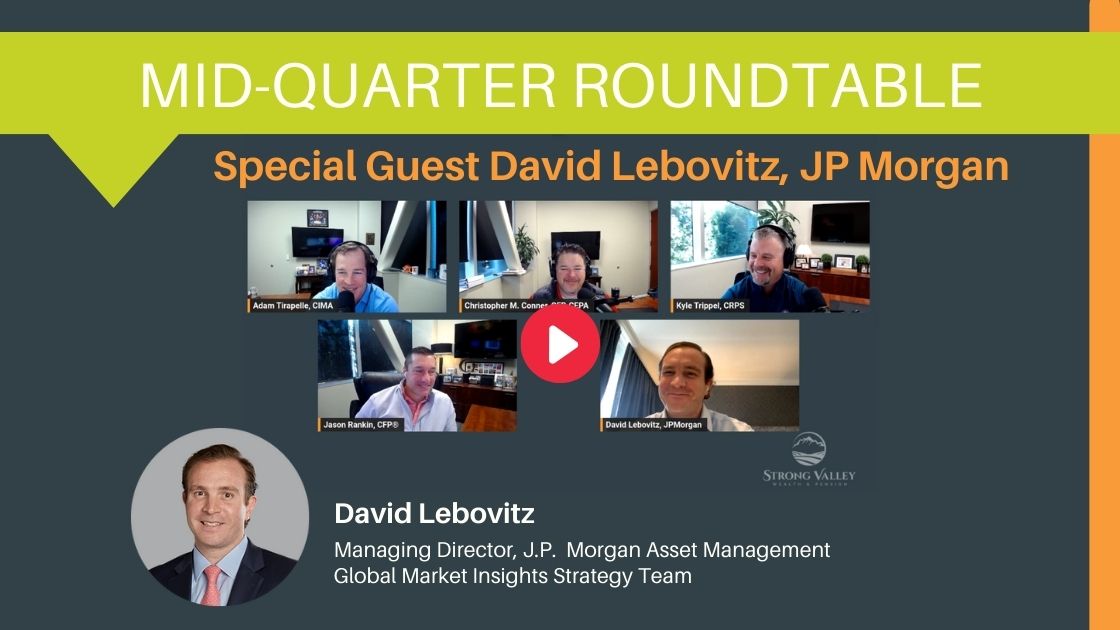You are now leaving the Strong Valley Wealth & Pension, LLC ("Strong Valley") website. By clicking on the "Schwab Alliance Access" link below you will be entering the Charles Schwab & Co., Inc. (“Schwab”) Website. Schwab is a registered broker-dealer, and is not affiliated with Strong Valley or any advisor(s) whose name(s) appears on this Website. Strong Valley is/are independently owned and operated. Schwab neither endorses nor recommends Strong Valley. Regardless of any referral or recommendation, Schwab does not endorse or recommend the investment strategy of any advisor. Schwab has agreements with Strong Valley under which Schwab provides Strong Valley with services related to your account. Schwab does not review the Strong Valley website(s), and makes no representation regarding the content of the Website(s). The information contained in the Strong Valley website should not be considered to be either a recommendation by Schwab or a solicitation of any offer to purchase or sell any securities.

This article explores factors influencing housing affordability, the impact of current economic conditions, and future prospects. Readers will discover insights into decision-making for first-time real estate purchases and strategic approaches to homeownership.

It used to be a rite of passage to buy a starter home by your late 20s. Today, many young adults wonder whether that milestone is slipping out of reach. Rising prices, higher borrowing costs, and a limited supply of entry‑level properties have created the most challenging landscape for first‑time buyers in decades. But with the right strategy, the dream of owning a home can still move from uncertainty to peace of mind.
Sticker shock is only part of the story. After a pandemic‑era boom, median home prices are roughly 40 % higher than five years ago, while wages have grown less than half that pace. At the same time, 30‑year mortgage rates that once hovered near 3% have doubled, slashing the amount a buyer can finance on the same monthly payment.
Student debt and lifestyle inflation complicate saving. A 20% down payment on a $450,000 starter home is $90,000—tough to accumulate while carrying student loans and paying record‑high rents. It’s no surprise that nearly 60% of millennials who hope to buy in the next five years expect to receive family help.
Supply is historically tight. Baby boomers are aging in place, and institutional buyers continue to purchase single‑family rentals. With fewer existing homes hitting the market and new‑construction costs elevated, competition pushes prices even higher.
These hurdles are real, but they’re not immovable. Big goals are achieved by breaking them into a series of smaller, controllable steps.
With each of these strategies, the buyer must weigh taxes, cash‑flow risk, and long‑term goals.
Homeownership is tougher for first-time buyers today, but it’s not impossible. Success hinges on diligent planning. Consider all financing options, including FHA loans and shared equity; one just might be right for you. Be sure to protect long-term wealth by fitting a purchase into an overall financial journey. Partnering with a financial professional can help translate today’s dream into tomorrow’s equity.



